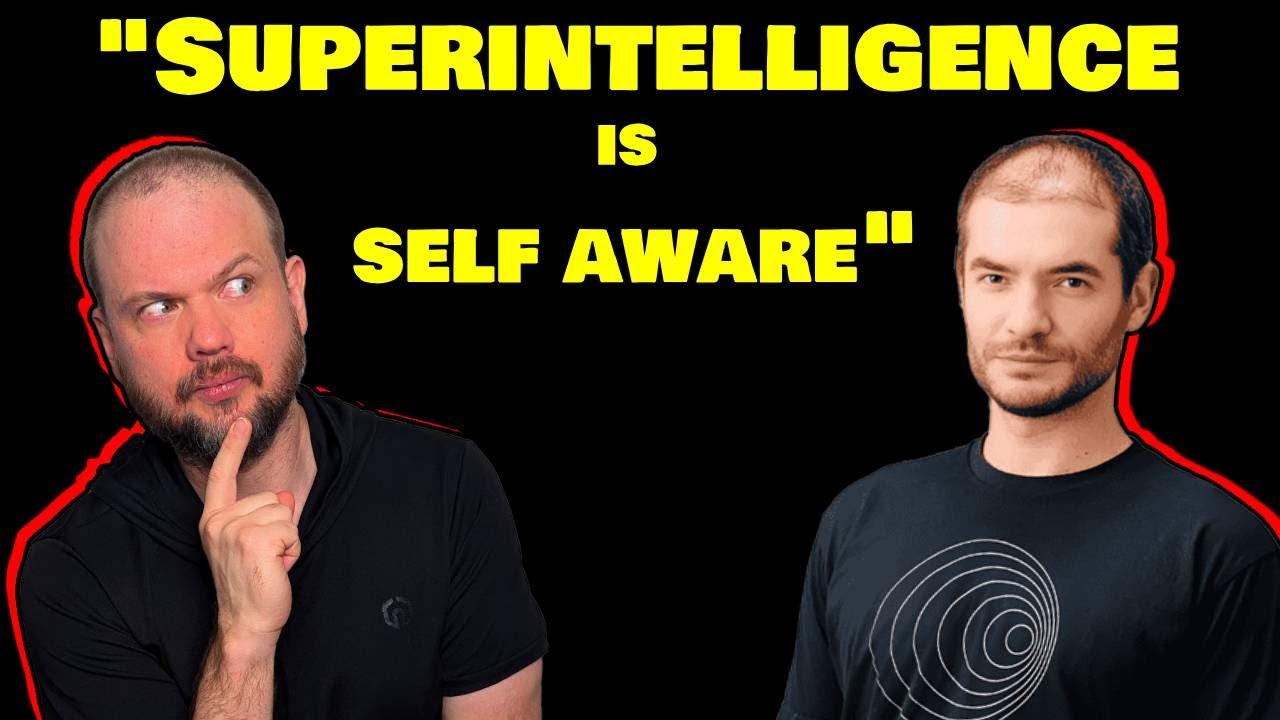In his NeurIPS 2024 talk, Ilya Sutskever discussed the evolution of AI, emphasizing the limitations of current pre-training methods and the potential for future AI systems to become self-aware, unpredictable, and highly agentic. He highlighted the need for ethical considerations and societal discussions regarding the implications of superintelligent entities as AI continues to advance.
In December 2024, Ilya Sutskever, co-founder of the newly established Safe Superintelligence (SSI) lab, delivered a talk at the NeurIPS conference, reflecting on the evolution of AI over the past decade. He began by expressing gratitude for the recognition of his 2014 paper on sequence-to-sequence learning, which has significantly influenced the field. Sutskever highlighted the progress made in AI, particularly in deep learning, while acknowledging some of the challenges and limitations that have emerged along the way. He emphasized the importance of understanding the trajectory of AI development and the implications of future advancements.
Sutskever revisited the core ideas from his original paper, which proposed that large neural networks could replicate human-like tasks if trained on sufficient data. He discussed the scaling hypothesis, which posits that larger datasets and neural networks lead to greater success in AI applications. However, he cautioned that the growth of data is limited by the existence of a single internet, suggesting that the era of pre-training large models may eventually come to an end. This limitation raises questions about the future of AI and the need for new approaches beyond current pre-training methods.
As he speculated on the future of AI, Sutskever introduced the concept of “agents” and the potential for synthetic data to play a crucial role in AI development. He drew parallels between biological structures and AI, suggesting that understanding the relationship between brain size and cognitive abilities in mammals could inspire new AI architectures. He emphasized that while current AI systems exhibit impressive capabilities, they are still fundamentally different from the anticipated superintelligence, which will possess self-awareness and a higher degree of agency.
Sutskever elaborated on the characteristics of future AI systems, predicting that they will be more unpredictable and capable of reasoning. He noted that as AI systems become more agentic, they will also become less predictable, contrasting this with the current models that primarily rely on intuition and statistical patterns. He highlighted the challenges that will arise from these advancements, particularly in terms of understanding and managing the behavior of highly intelligent systems that can reason and learn from limited data.
In the Q&A session following his talk, Sutskever addressed questions about the implications of AI’s evolution, including the potential need for rights for superintelligent entities and the ethical considerations surrounding their development. He acknowledged the unpredictability of the future and the importance of fostering discussions about the societal impacts of AI. Sutskever concluded by encouraging speculation and reflection on the responsibilities humanity will face as AI continues to advance, emphasizing the need for thoughtful consideration of the relationship between humans and increasingly intelligent systems.
